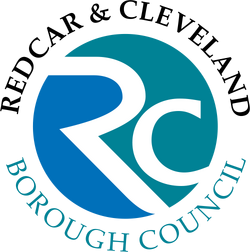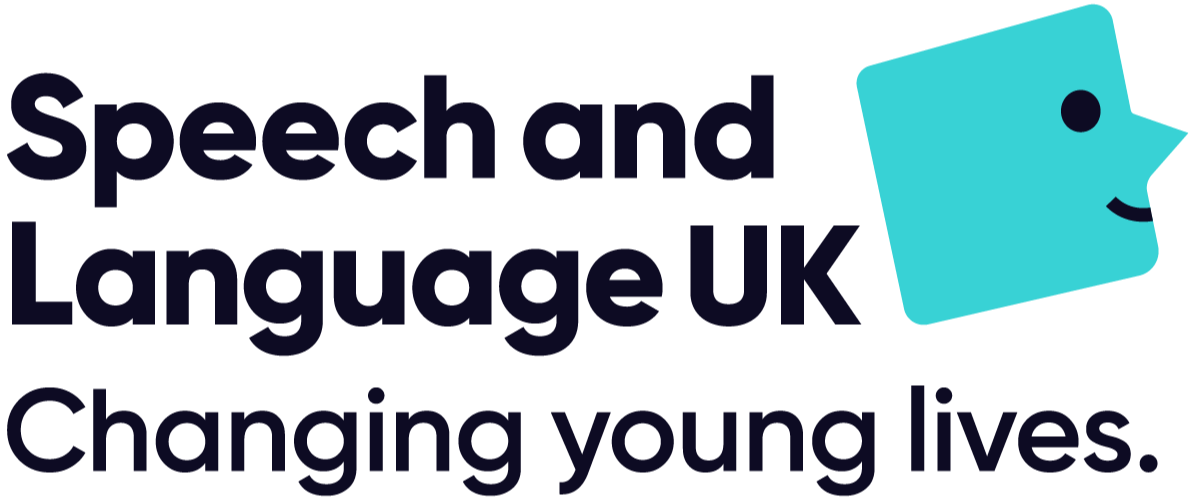Health Professionals
Thank you for your interest in our PLACES research study led by Newcastle University.
Aims
The study aims to find out how we can ensure that all young children who need support for their language and communication development, receive it. This support should meet children’s individual needs and be based on the most up to date information about what works.
Why is the study being done?
In England 14% of two-year-old children are failing to meet the communication level expected for their age. In disadvantaged communities this rises to 40%. Problems have been made worse by the restrictions on family life and educational experiences during the COVID-19 pandemic. At the same time, many children’s speech and language therapy services are in crisis. Although there is regional variation, waiting lists for children's SLT are often the longest of any NHS community services. Across England, more than 74,000 children are waiting for support.
Many Local Authorities and NHS services are working together to provide early support for children’s language and communication development, to prevent problems developing and reduce the numbers of children referred to speech and language therapy. But needs far outstrip the supply of help. Around 50% of children with language and communication needs are never referred for help. Socially disadvantaged and minority ethnic families are least likely to access support.
Lots of things influence children’s early language development and children’s needs vary, so no one intervention suits everyone. This study will find out if we can adapt approaches that have been shown to work in other research, to fit the needs of different communities.
We will work with parents and early years professionals from local authority, health, and voluntary services in three local authority areas in England, between December 2023 and December 2026.
Together we will:
- Identify the children and families that current early language and communication support is not yet reaching.
- Identify the skills and knowledge of health service and local authority professionals and volunteers who support families and children.
- Adapt proven interventions so that they can be used successfully in specific local contexts and reach those children who are underserved.
- Support local professionals and families to use these adapted approaches to make the most of the available skills and resources.
- We will use information that is routinely collected by Local Authorities and the NHS, parent reports of children’s progress, and interviews with professionals and families to find out:
- If the approaches improve children’s language and communication and reach families who have not received services before
- Whether the new approaches change the number of children referred to speech and language therapy
- How much the approaches cost
- What adaptations are important to help approaches work in a local area.
- How to apply our learning so that children’s services in other areas can adapt interventions to provide successful, fair and sustainable support to families and children.











